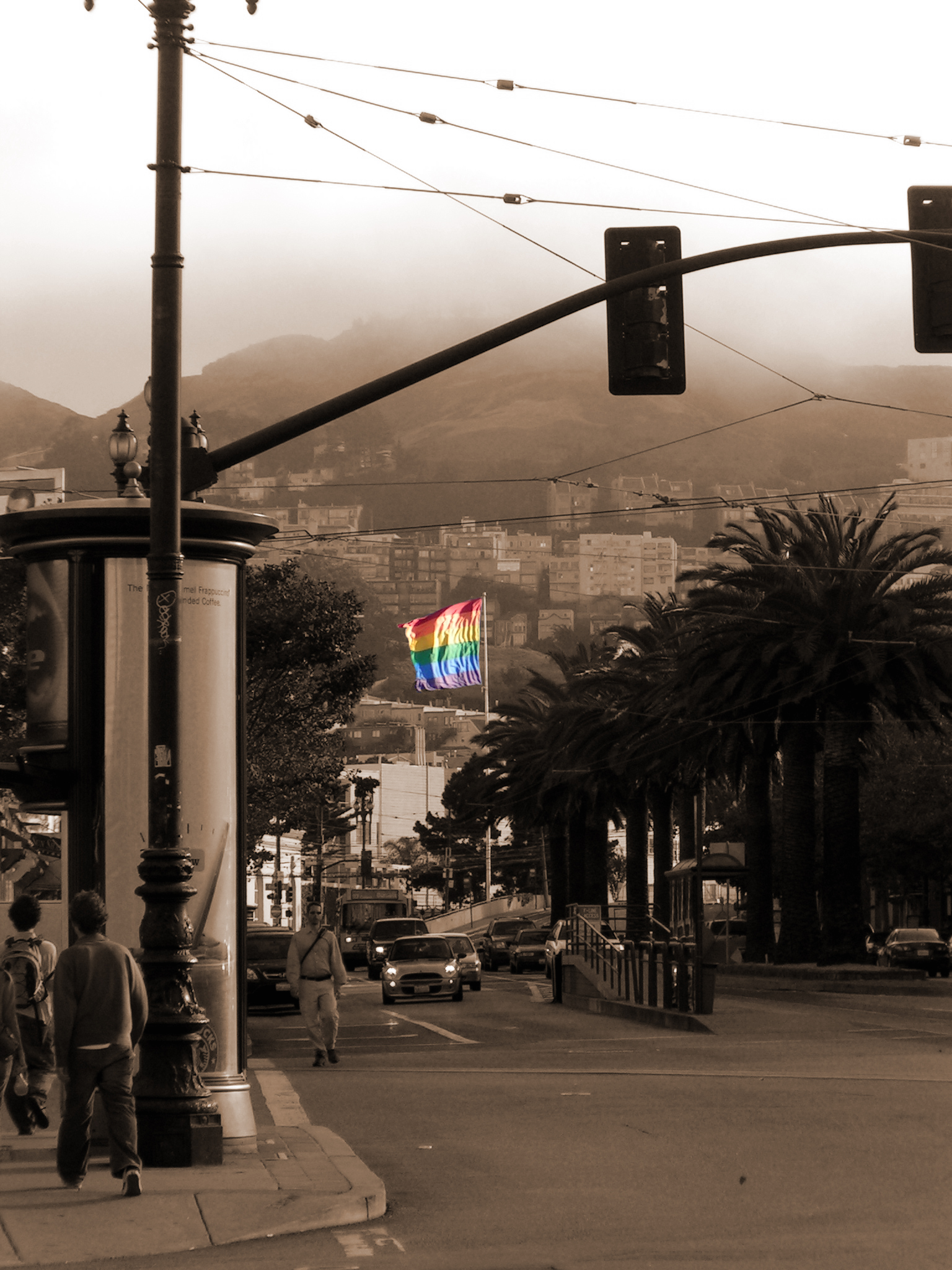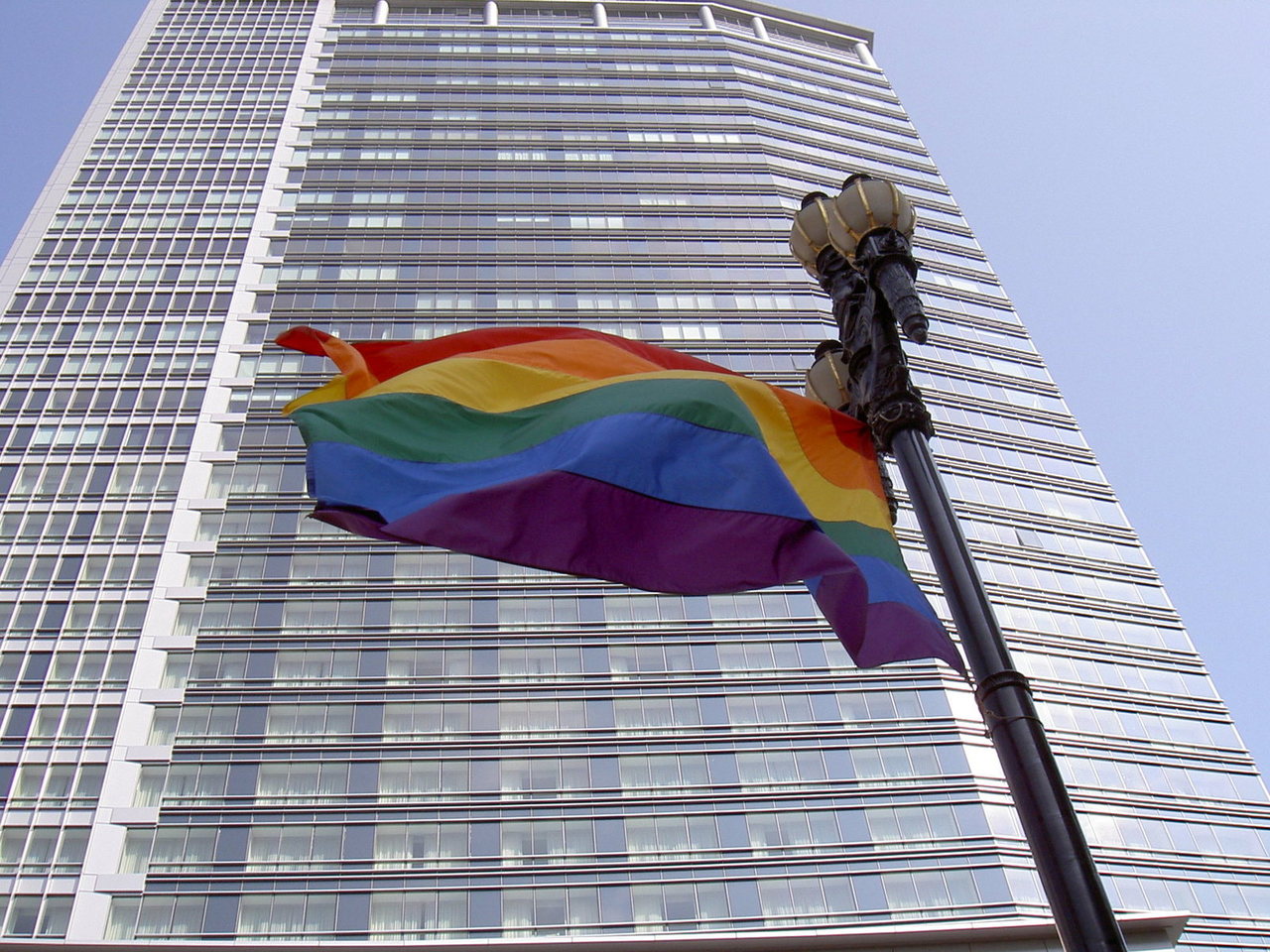Latin American Research Centre
we expand horizons

To the surprise of many a casual observer, Latin America has become a leader in the expansion of sexual rights. Long considered a bastion of Catholic conservatism and machismo, several countries in the region have advanced rights to sexual and gender minorities, ranging from constitutionally entrenched protections against discrimination (Mexico and Bolivia) to the enactment to the world’s most advanced gender identity law (Argentina). For some, this represents a ‘gay-rights’ revolution (Encarnación 2016). The expansion of a right that would appear to be the most puzzling is that of same-sex marriage, given how controversial it can become. In effect, polling suggests that more individuals across the Americas tend to support the enactment of legislation to protect gays and lesbians from discrimination than they do of allowing them to marry. Yet, despite long-standing and deep-rooted stereotypes in the region, today same-sex marriage is accessible to over 62% of Latin Americans. What accounts for this? While the study of sexual rights in Latin America was barely approached by political scientists a mere decade ago, current research not only provides us with a clearer picture of the general landscape in the state of same-sex marriage in the region, but allows us to better understand this seemingly puzzling phenomenon.
 While same-sex marriage is accessible to almost 62 % of Latin Americans, the state of same-sex marriage in the region is highly uneven, and Latin American countries can be divided into several specific groups based on particularities. In the first group, one can place countries in which same-sex marriage (known as ‘equal marriage’ in the region) has been approved at the national level: Argentina (2010) and Uruguay (2013). In these two Southern Cone countries, reforms were undertaken to their national civil codes that changed the definition of marriage, making it non-gender specific. Brazil and Mexico belong to a second group, where the process to allow for same-sex marriage has been more fragmented and ‘judicialized.’ While both countries are characterized by federal systems, unlike Argentina, the civil codes are administered at the sub-national (state) level of government. This type of federalism has resulted in a fragmented reform process. In both countries, supporters of same-sex unions have been forced to seek their recognition at the state level.
While same-sex marriage is accessible to almost 62 % of Latin Americans, the state of same-sex marriage in the region is highly uneven, and Latin American countries can be divided into several specific groups based on particularities. In the first group, one can place countries in which same-sex marriage (known as ‘equal marriage’ in the region) has been approved at the national level: Argentina (2010) and Uruguay (2013). In these two Southern Cone countries, reforms were undertaken to their national civil codes that changed the definition of marriage, making it non-gender specific. Brazil and Mexico belong to a second group, where the process to allow for same-sex marriage has been more fragmented and ‘judicialized.’ While both countries are characterized by federal systems, unlike Argentina, the civil codes are administered at the sub-national (state) level of government. This type of federalism has resulted in a fragmented reform process. In both countries, supporters of same-sex unions have been forced to seek their recognition at the state level.
In the Mexican case, supporters of same-sex marriage decided to pursue gay marriage in Mexico City in 2009. Reforms to the City’s civil code, allowing for same-sex couples to contract marriage, were approved by the City’s Legislative Assembly later in the year, and came into effect in 2010. Soon after, however, the then-administration of Felipe Calderón (2006-2012) challenged the reforms before Mexico’s Supreme Court. The Court issued two separate rulings. A first one argued that the reforms undertaken by Mexico City were constitutional, thereby upholding the reforms. Two weeks later, it ruled that all 31 states in Mexico had the obligation to recognize marriage contracted by gays and lesbians in the capital city. The immediate result of these rulings was further fragmentation and judicialization. On the one hand, as a backlash to the rulings, some states attempted to ‘shield’ themselves by defining marriage as a union between a man and a woman in their constitutions. The Supreme Court subsequently squashed those attempts. On the other hand, supporters of same-sex marriage, given the clear position the Court has taken on the issue, launched a campaign to challenge, through writs of amapro, state civil codes. That strategy has resulted in numerous rulings by the Court in favour of numerous plaintiffs from several states. Mexico’s inter partes legal system means that, in amparo cases, only the plaintiffs benefit from unconstitutionality cases, unlike those characterized by stare decisis systems – in which rulings set universal precedent, such as in Canada and the United States. However, in May of 2015, the Court ruled that all sub-national courts must accept all amparos presented by same-sex couples to the judiciary anywhere in the country. Though judicialized, marriage is thus available to all same-sex couples in Mexico.
Brazil exhibits similar characteristics. In that country, proponents of same-sex marriage have mostly favoured civil unions, an objective that, given its federal system, they have also pursued at the sub-national level. As lower-level courts began to hear cases, and decisions came down mostly in favour, the battle worked itself up to the highest courts. The process culminated in two historic rulings: In May 2011, the country’s Supreme Federal Court ruled that all civil unions must be recognized throughout the country; and on May 2013 the National Council of Justice ordered all notary publics to register same-sex civil unions as marriages upon request. Unlike Argentina and Uruguay, and similar to Mexico, access to same-sex marriage is universally allowed, but an additional legal step must be taken.
In a third group one can place most countries in which same-sex marriage has not been approved. These include Chile, Costa Rica, El Salvador, Guatemala, Nicaragua, Panama, Peru and Venezuela. In some of them, such as Chile and Costa Rica, there is currently a national debate on the issue. Several other countries belong to a third group: those in which the definition of marriage is very explicitly worded as one between a man and a woman, or in which same-sex marriage is prohibited in the national constitutions. In these cases, the obstacles for proponents of same-sex marriage are stronger, given that higher parliamentary thresholds needed to undertake constitutional reforms. In a lonely final group is Colombia, where the status is legal uncertainty.
After a long judicial process, in 2010 Colombia’s Constitutional Court mandated Congress to legislate on the issue, giving it a two-year stay. Parliamentarians’ inability to vote on the issue within that period encouraged judges throughout the country to issue marriage certificates to same-sex couples. However, the Attorney General’s Office, occupied by a social conservative, began in turn to challenge these rulings, citing disobedience. The case is likely to make its way back to the Constitutional Court.
 Growing, albeit still limited, political science research on sexual rights in Latin America carried out over the last five years has begun to point to several explanations for the expansion/stagnation/retrenchment of the right to marriage by same-sex couples: we are beginning to understand what factors are behind the uneven regional landscape. First, we know that there is a clear correlation between tolerance and economic and human development. Countries that have higher levels of development tend to exhibit higher levels of support for same-sex marriage (Corrales 2015). In these countries, politicians can be more easily encouraged to support same-sex marriage. It should therefore come as no surprise that same-sex marriage has been approved in the wealthiest countries. However, that relationship is not perfect, and certain important exceptions stand out, forcing us to look for additional explanations. For example, according to most measurements, Chile is the most developed country in Latin America, yet it has not yet approved same-sex marriage. Second, research clearly points to the important role activism plays in forcing states to extend this right (Díez 2015, Encarnación 2016). Again, it should not be surprising that three of the countries in which same-sex marriage is has been enacted have the oldest gay and lesbian movements in Latin America: Argentina, Brazil and
Growing, albeit still limited, political science research on sexual rights in Latin America carried out over the last five years has begun to point to several explanations for the expansion/stagnation/retrenchment of the right to marriage by same-sex couples: we are beginning to understand what factors are behind the uneven regional landscape. First, we know that there is a clear correlation between tolerance and economic and human development. Countries that have higher levels of development tend to exhibit higher levels of support for same-sex marriage (Corrales 2015). In these countries, politicians can be more easily encouraged to support same-sex marriage. It should therefore come as no surprise that same-sex marriage has been approved in the wealthiest countries. However, that relationship is not perfect, and certain important exceptions stand out, forcing us to look for additional explanations. For example, according to most measurements, Chile is the most developed country in Latin America, yet it has not yet approved same-sex marriage. Second, research clearly points to the important role activism plays in forcing states to extend this right (Díez 2015, Encarnación 2016). Again, it should not be surprising that three of the countries in which same-sex marriage is has been enacted have the oldest gay and lesbian movements in Latin America: Argentina, Brazil and
Mexico. While the strategies and tactics have varied across the three cases, a clear lesson that emerges from the research we have today is that rights are generally conquered, not willingly extended by governing elites. Finally, we also know that a key factor in explaining the presence or absence of same-sex rights is the specific ways in which counter-movements, and in particular socially conservative religious groups, are able to block reform, or what in political science is referred to as their ability to function as ‘veto players’. In many cases, a country’s institutional design shapes the ability of opponents to become veto players (Díez 2015). For example, the first two countries to have approved same-sex marriage nationally, Argentina and Uruguay, do not have confessional (religious) parties. In these countries, religious groups are unable to oppose the extension of same-sex marriage rights en bloque in parliaments. In other countries, such as Brazil and Mexico, there exist clearly confessional parties that have rather vocally opposed same-sex marriage. However, given the countries’ federal systems, they can only block reforms when they form government at the sub-national level. In countries such as Chile, however, the left-of-centre coalition that has governed Chile since the return to democracy (1990-2010 and 2014-present) has had, for several reasons, to rely on the Christian Democrats to pass legislation. Given that party’s opposition to same-sex marriage, it has essentially had veto power over the discussions.
 Political science has a rather dismal record in predicting future developments, and it is difficult to know what the prospects of same-sex marriage are in the region. However, the research available today suggests several possibilities. Given the relationship that exist between economic development and support for same-sex marriage, it would appear that countries in which support is lowest (e.g. in Central America) it will take time for the debate to assume national import, let
Political science has a rather dismal record in predicting future developments, and it is difficult to know what the prospects of same-sex marriage are in the region. However, the research available today suggests several possibilities. Given the relationship that exist between economic development and support for same-sex marriage, it would appear that countries in which support is lowest (e.g. in Central America) it will take time for the debate to assume national import, let
alone result in the extension of this right. Secondly, while there are important differences among the region’s gay and lesbian movements, mobilization does seem to matter. As a result, it is likely that same-sex marriage will be approved in countries in which gays and lesbian mobilize more strongly. Finally, while in many countries socially conservative religious forces appear to gain social and political strength, especially those of the Evangelical Christian variety, social mobilization could potentially circumvent their veto power through, for example, the courts. That of course assumes that such power is not exercised within the judiciary in the same way it has been through the legislative and executive branches of government.
Corrales, J. 2015. LGTB Rights and Representation in Latin America and the Caribbean: The Influence of Structure, Movements, Institutions and Culture. The LGTB Representation and Rights Institute. Chapel Hill: University of North Carolina.
Díez, J. 2015. The Politics of Gay Marriage in Latin America: Argentina, Chile and Mexico. New York: Cambridge University Press.
Encarnación, O. 2016. On the Periphery: Latin America’s Gay Rights Revolution. New York: Oxford University Press.
The views and opinions expressed in this